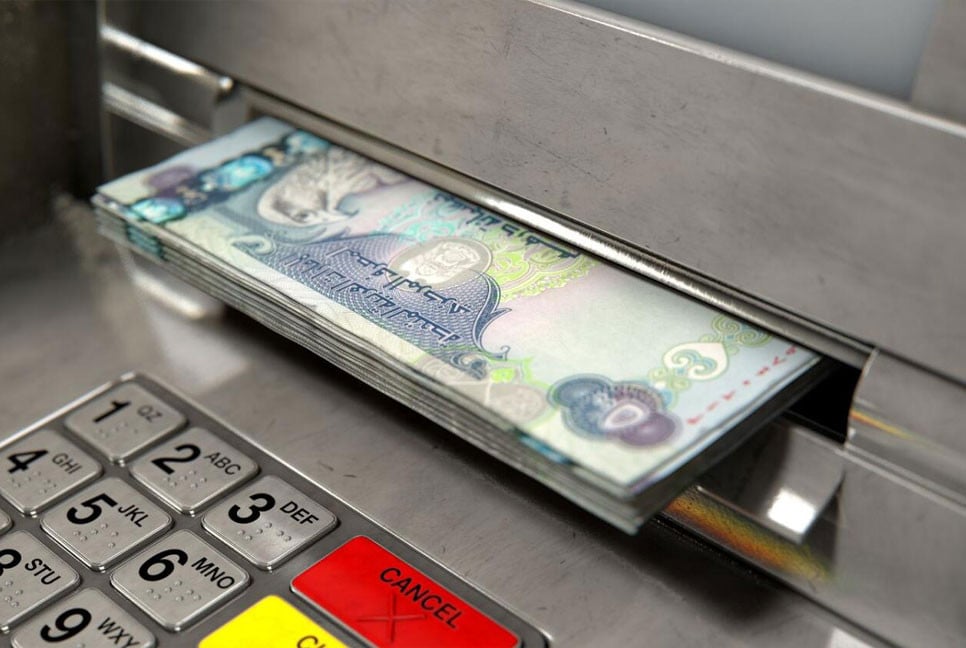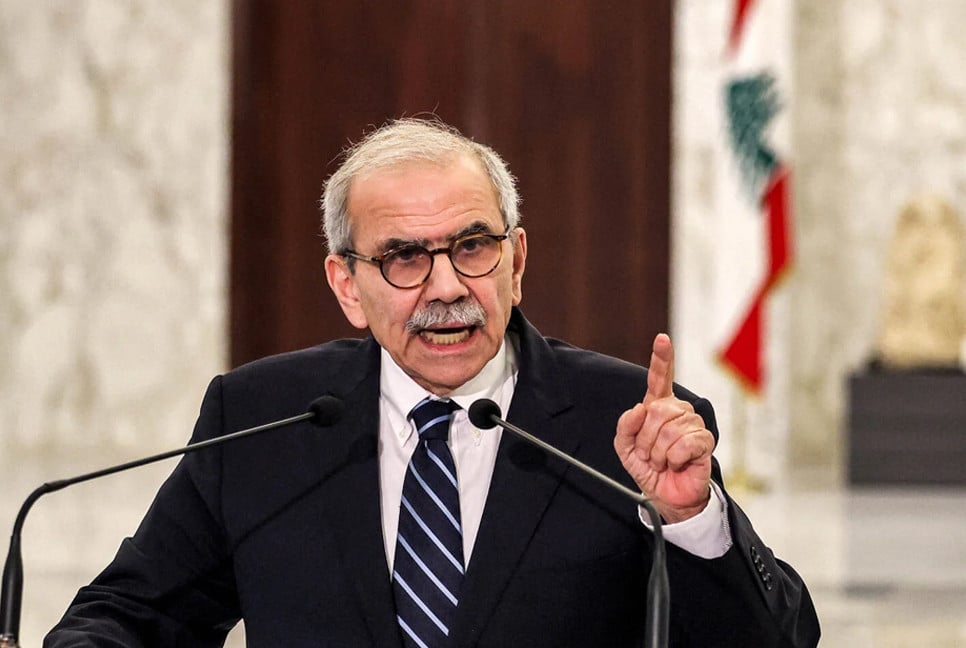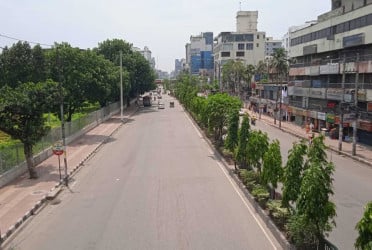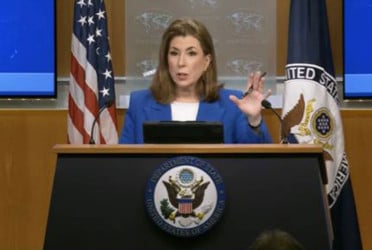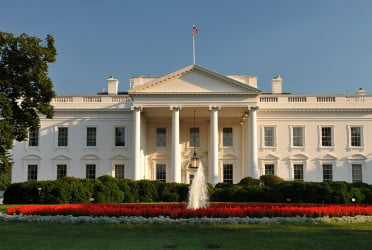A recent survey has revealed that just over half of UAE residents—50.46 per cent—spent more than they earned in the past year. Conducted by the financial technology platform Yabi, the Financial Health Report 2024 highlights significant challenges in financial security and planning among residents, reads a Khaleej Times report.
The report emphasizes a troubling contrast: while more than 63 per cent managed to pay their bills on time, only about a third (33.53 per cent) feel confident about having enough savings for retirement. Additionally, 41 per cent of respondents expressed little to no optimism about achieving long-term financial goals, reflecting widespread uncertainty about future stability. Perhaps most concerning is the finding that half of the respondents would struggle to sustain their expenses for more than two weeks without income. These figures underscore an urgent need for financial education and improved budgeting practices.
Financial advisor and millennial money expert Raji Kaippallil identifies three primary reasons for overspending among residents. The abundance of lifestyle attractions in Dubai, such as brunches, clubs, and entertainment venues, often tempts people to splurge. Social pressures to maintain appearances lead many to purchase luxury items like designer bags and cars that exceed their financial capabilities. Additionally, easy access to credit cards and buy-now-pay-later services encourages spending beyond immediate affordability. Kaippallil observed that the rising cost of living has prompted some residents to reassess their habits and focus on saving, though many still lack a clear understanding of their monthly expenses.
Kaippallil advises adopting a structured approach to budgeting, such as the “50/30/20 rule.” This involves allocating half of one’s income to fixed expenses, including rent, utilities, and education. Around 30 per cent should be set aside for discretionary spending, such as dining out and leisure activities, while the remaining 20 per cent should go toward savings or investments. Establishing an emergency fund covering three to six months of fixed expenses can provide a crucial safety net during financial difficulties.
For some UAE residents, careful financial planning is essential to balancing expenses and savings. Content creator Kaunain Fatima, 28, dedicates 30 per cent of her salary to essentials like rent and groceries, 20 per cent to travel and work-related costs, and aims to save 25 per cent each month. She emphasized the importance of prioritizing needs over wants while still allowing for occasional indulgences. South African freelancer Zahirah Marty admitted that saving has been a challenge, particularly during quieter months. Marty tries to stretch finances between payments to avoid late fees, which carry high interest rates in the UAE.
The survey underscores the pressing need for enhanced financial literacy and disciplined budgeting among UAE residents. With a clearer understanding of spending patterns and prioritization of savings, individuals can work toward achieving financial security and long-term stability, even in a fast-paced and high-cost environment like Dubai.
Bd-pratidin English/ Jisan

